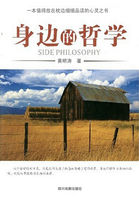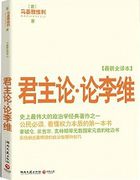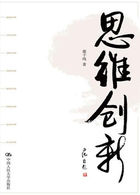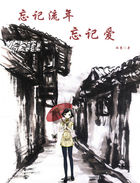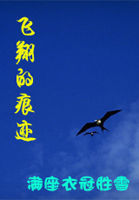do not appear to admit of variation of degree, nor indeed do anythat have to do with figure. For those things to which the definition of the triangle or circle is applicable are all equally triangular or circular. Those, on the other hand, to which the same definition is not applicable, cannot be said to differ from one another in degree; the square is no more a circle than the rectangle, for to neither is the definition of the circle appropriate.
In short, if the definition of the term proposed is not applicable to both objects, they cannot be compared. Thus it is not all qualities which admit of variation of degree.
Whereas none of the characteristics I have mentioned are peculiar to quality, the fact that likeness and unlikeness can be predicated with reference to quality only, gives to that category its distinctive feature. One thing is like another only with reference to that in virtue of which it is such and such; thus this forms the peculiar mark of quality.
We must not be disturbed because it may be argued that, though proposing to discuss the category of quality, we have included in it many relative terms. We did say that habits and dispositions were relative. In practically all such cases the genus is relative, the individual not. Thus knowledge, as a genus, is explained by reference to something else, for we mean a knowledge of something. But particular branches of knowledge are not thus explained. The knowledgeof grammar is not relative to anything external, nor is theknowledge of music, but these, if relative at all, are relative onlyin virtue of their genera; thus grammar is said be the knowledge of something, not the grammar of something; similarly music is the knowledge of something, not the music of something.
Thus individual branches of knowledge are not relative. And it is because we possess these individual branches of knowledge that we are said to be such and such. It is these that we actually possess: we are called experts because we possess knowledge in some particular branch. Those particular branches, therefore, of knowledge, in virtue of which we are sometimes said to be such and such, are themselves qualities, and are not relative. Further, if anything should happen to fall within both the category of quality and that of relation, there would be nothing extraordinary in classing it under both these heads.
Action and affection both admit of contraries and also of variation of degree. Heating is the contrary of cooling, being heated of being cooled, being glad of being vexed. Thus they admit of contraries. They also admit of variation of degree: for it ispossible to heat in a greater or less degree; also to be heated in agreater or less degree. Thus action and affection also admit ofvariation of degree. So much, then, is stated with regard to these categories.
We spoke, moreover, of the category of position when we were dealing with that of relation, and stated that such terms derived their names from those of the corresponding attitudes.
As for the rest, time, place, state, since they are easily intelligible, I say no more about them than was said at the beginning, that in the category of state are included such states as "shod","armed", in that of place "in the Lyceum" and so on, as was explained before.
The proposed categories have, then, been adequately dealt with.
We must next explain the various senses in which the term "opposite" is used. Things are said to be opposed in four senses: (i) as correlatives to one another, (ii) as contraries to one another,(iii) as privatives to positives, (iv) as affirmatives to negatives.
Let me sketch my meaning in outline. An instance of the use of theword "opposite" with reference to correlatives is afforded by theexpressions "double" and "half ; with reference to contraries by "bad" and "good". Opposites in the sense of "privatives" and "positives" are" blindness" and "sight"; in the sense of affirmatives and negatives, the propositions "he sits", "he does not sit".
(i)Pairs of opposites which fall under the category of relation are explained by a reference of the one to the other, the reference being indicated by the preposition "of or by some other preposition. Thus, double is a relative term, for that which is double is explained as the double of something. Knowledge, again, is the opposite of the thing known, in the same sense; and the thing known also is explained by its relation to its opposite, knowledge. Forthe thing known is explained as that which is known by something, that is, by knowledge. Such things, then, as are opposite the one to the other in the sense of being correlatives are explained by a reference of the one to the other.
(ii)Pairs of opposites which are contraries are not in any way interdependent, but are contrary the one to the other. The good is not spoken of as the good of the had, but as the contrary of the bad,nor is white spoken of as the white of the black, but as the contrary of the black. These two types of opposition are therefore distinct. Those contraries which are such that the subjects in which they are naturally present, or of which they are predicated, mustnecessarily contain either the one or the other of them, have nointermediate, but those in the case of which no such necessity obtains, always have an intermediate. Thus disease and health are naturally present in the body of an animal, and it is necessary that either the one or the other should be present in the body of an animal. Odd and even, again, are predicated of number, and it is necessary that the one or the other should be present in numbers.

